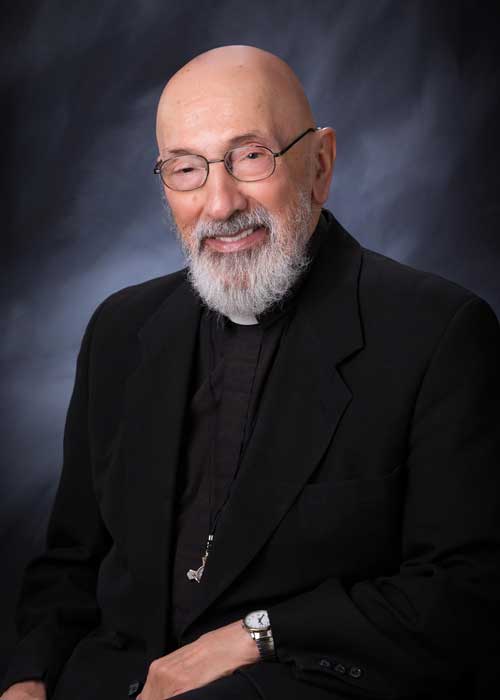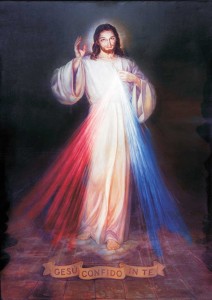Podcast: Play in new window | Download (Duration: 37:27 — 25.8MB) | Embed
Subscribe: Apple Podcasts | Spotify | Amazon Music | Android | Pandora | iHeartRadio | JioSaavn | Podchaser | Gaana | Podcast Index | Email | TuneIn | Deezer | Anghami | RSS | More

The 2nd Sunday of Advent – A Call to Wake Up, Repent, and Enter the Light of JesusBuilding a Kingdom of Love with Msgr. John Esseff
In this Advent reflection, Msgr. John Esseff turns to the figure of John the Baptist and the call to repentance that prepares the way for the Lord. He explains that John stands at the culmination of Old Testament prophecy, announcing the arrival of the Messiah and calling all people to conversion. Yet Jesus teaches that the least in the kingdom is greater than John, because Christians carry Christ within them. This means the true tragedy is not simply breaking commandments but failing to live as Christ in the world.
Msgr. Esseff then guides listeners through examples of interior patterns that separate the soul from union with Jesus. He speaks about judgmental attitudes, envy, lust, unforgiveness, gluttony, and other deep tendencies that distort the heart. Each one acts like a hidden disease that wounds the life of Christ within the person. Advent becomes a time to uncover these wounds through honest examination and to bring them to the Lord for healing.
He urges listeners to call upon the Holy Spirit, who reveals the core wound with gentleness, not accusation. The Spirit convicts with light and love, while the enemy accuses and discourages. Confession is offered as a powerful path to healing, where the cross penetrates the soul and restores union with Christ.
Msgr. Esseff encourages priests to open the confessional during Advent and calls all Christians to stop judging one another and instead direct loved ones to the Holy Spirit, who alone can reveal the truth of the heart. Advent is presented as a privileged time to awaken, repent, and prepare for the coming of the Lord, who desires to bring healing, renewal, and unity to every soul.
Discerning Hearts Reflection Questions
- What interior pattern or tendency separates me most from Christ right now?
- When I examine my heart, do I hear the accusing voice or the gentle clarity of the Holy Spirit?
- Where have I allowed judgment, envy, or resentment to shape my thoughts or relationships?
- What wound or habit is the Holy Spirit inviting me to bring to confession this Advent?
- How can I prepare my heart to welcome Christ more deeply during this season?
Msgr. John A. Esseff is a Roman Catholic priest in the Diocese of Scranton. Msgr. Esseff served as a retreat director and confessor to St. Teresa of Calcutta. He continues to offer direction and retreats for the sisters of the Missionaries of Charity around the world. Msgr. Esseff encountered St. Padre Pio, who would become a spiritual father to him. He has lived in areas around the world, serving in the Pontifical missions, a Catholic organization established by Pope St. John Paul II to bring the Good News to the world, especially to the poor. Msgr. Esseff assisted the founders of the Institute for Priestly Formation and continues to serve as a spiritual director for the Institute. He continues to serve as a retreat leader and director to bishops, priests and sisters and seminarians, and other religious leaders around the world.





